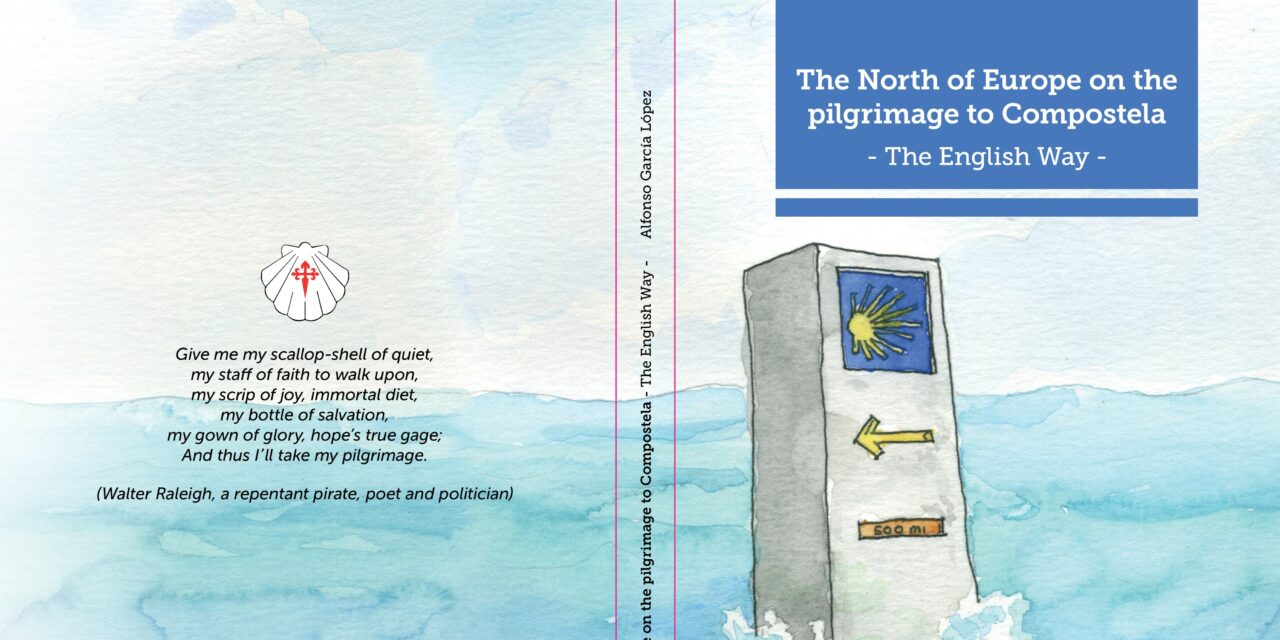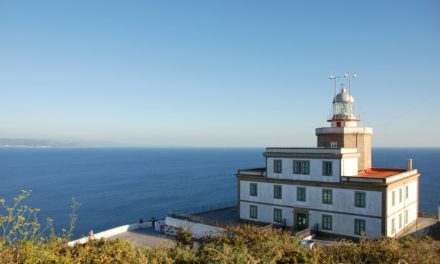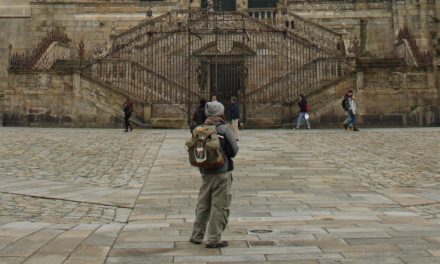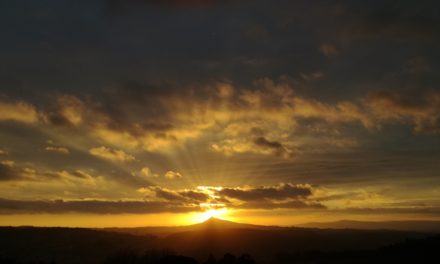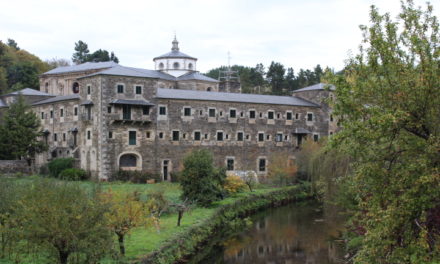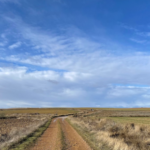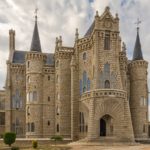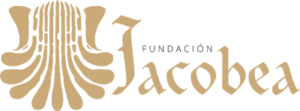Through this maritime route, thousands of pilgrims from northern Europe arrived in Galicia, especially the port of La Coruña, between the 11th and 16th centuries, to continue by land to the tomb of the Apostle Santiago.
This second edition – now in the English version – has the purpose of disseminating, among those interested in the Jacobean movement in Europe, the history of the sea route to Compostela from England, Ireland, Iceland, Scandinavian and Baltic countries, as well as informing them of the numerous Jacobean vestiges preserved in those countries: names of temples and streets, painting, sculpture, literature, music, archaeological remains, the scallop-shell as part of the coats of arms of cities and universities, the frequency of the name of the Apostle -Jacob, James, Jakob-,…
Likewise, the reader will be able to learn details of some particular pilgrims from those countries, whose stories have reached us: Saint Godric of Finchale, William Wey, Margery Kempe, the Duke of Lancaster, Geoffrey Chaucer, Nicolás von Popielovo, Sigurd Josalfar of Norway or the Icelandic monk Nicolás Bergson, among others.
The dangers of sea pilgrimages, the hardships, types of ships, duration of the trip, routes, ports of departure, etc. are described.
Another aspect that the author wanted to highlight is the relationship between tradition, legend and Faith in everything that surrounds the world of pilgrimages to Santiago de Compostela.
The book ends with a selection of literature related to the Jacobean world: Lorca, Antonio Machado, Tirso de Molina, Gonzalo de Berceo, Cervantes, Fray Luis de León, Valle Inclán, Menéndez Pidal, Ruben Darío,…
An extract from the index will serve to illustrate its contents:
-James the Apostle: biography, translation, discovery of the tomb, tradition-legend and Faith, relics, excavations in the Cathedral.
-The Codex Calixtinus
-Pilgrimage and pilgrims
-Maritime pilgrimages from England, Ireland, Germany, Scandinavian and Baltic countries: ports of departure, routes, relevant pilgrims, Jacobean testimonies in the countries of origin, the risks and hardships endured on the journey, poems and pilgrim ballads,…
-Spanish literature on the Camino de Santiago
The book will be released in mid-October and will be distributed among those attending the World Congress of Jacobean Associations, which will be held in Santiago de Compostela on October 20 and 21. From that moment on, Amazon will be the distribution channel.
……………….
The author, through the dissemination of knowledge of the Camino Inglés, aims to raise subscriptions, public and private, collective and individual, around the idea that one day they will be included in the List of the Intangible Heritage of Humanity.
La Coruña, September 2023
Alfonso García López

